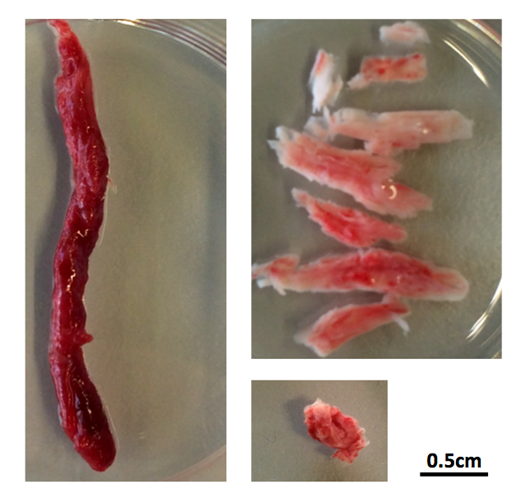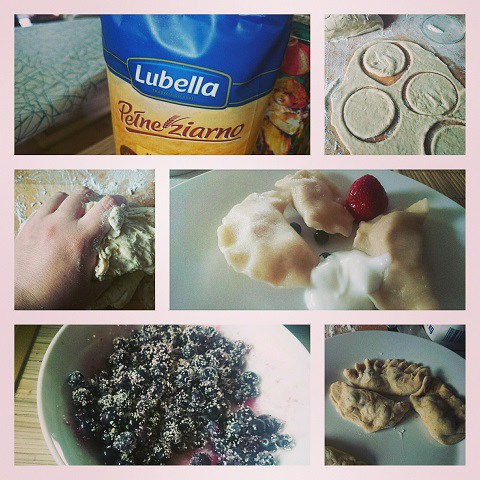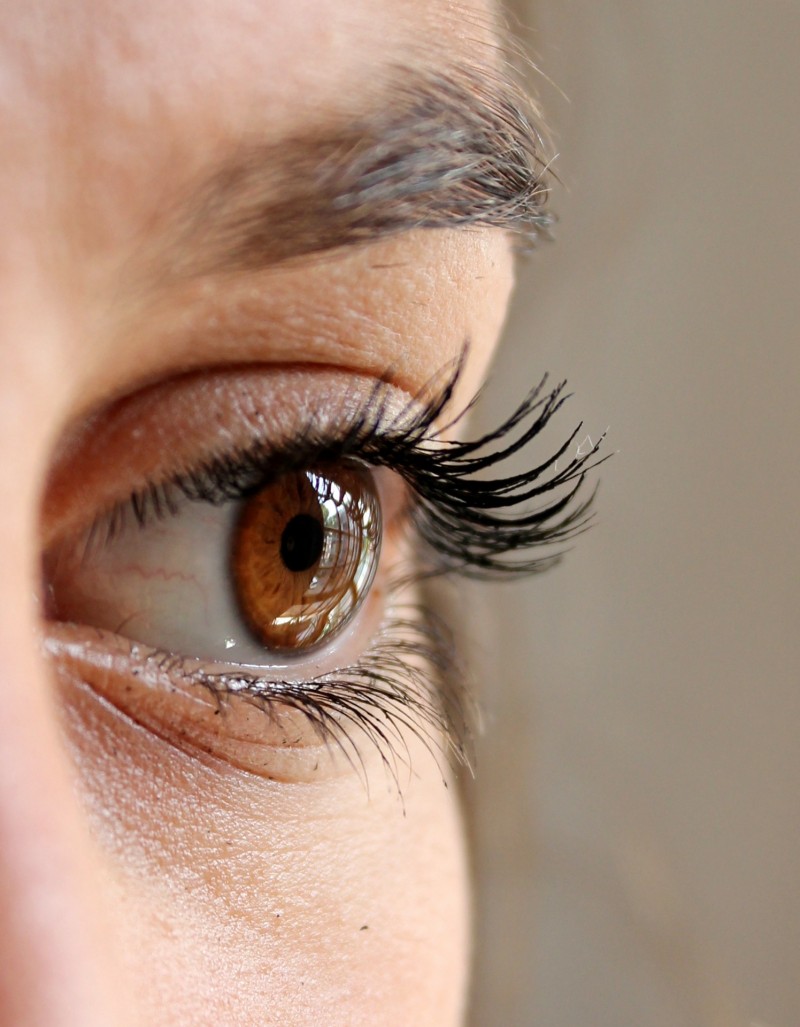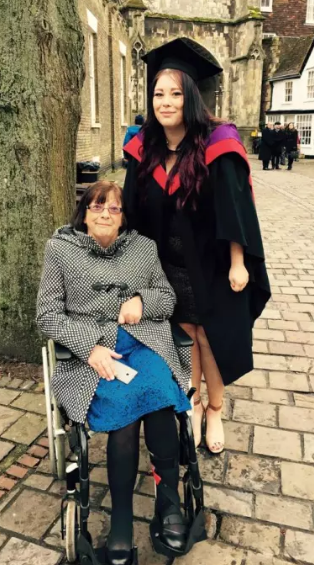
Feb 10, 2017
Written by Alison Turner
The word is Thrombus. From the Greek, thrombos, meaning “lump, piece, clot of blood.” About 90% of strokes are caused by clots blocking blood flow to the brain, and the word carries grim associations for many stroke survivors and their families. It holds a different significance, however, for Frederik Denorme. About once a week, the young PhD student at KU Leuven, Campus Kulak in Kortrijk, Belgium receives the text message, “Frederik, we have a thrombus for you.”
Denorme is 28 years old, and since 2014 has been working his dream job, analysing clots that have been retrieved from stroke patients. When the text message comes through, he makes his way to the stroke unit at his local AZ Groeninge Hospital in Kortrijk. The clot that awaits him has just been removed, and as the patient begins the process of recovery, Denorme, and his supervisor, Prof Dr Simon De Meyer, further their discoveries. (more…)

Feb 8, 2017
Source: TOHOKU UNIVERSITY
Women who started menstruating early in life could later face a higher risk of stroke.

Image: pixabay.com
Women who started their periods at the age of 13 or younger, are about 1.8 times more likely to suffer a stroke, than those who started at the age of 15. These women are also more at risk for cerebral infarction, in which a section of brain tissue dies due to reduced blood flow and oxygen. This is according to research recently published in the journal Neuroepidemiology. (more…)

Feb 7, 2017
Source: stroketales.com
This is a blog post written by Kasia, young stroke survivor from Poland. She is one of the ambassadors of the Merz-SAFE post-stroke spasticity project.
1. Cooking – nothing is better than doing polish Pierogi (dumplings) or Indian chiapati (roti;p)
kolaż-pierogi

Image: stroketales.com
2. Hanging your laundry – with clothespin! Great for precise movements;
3. Vacuuming, sweeping – sorry for that! For me it’s best to use healthy hand only for helping sick one. It took time to learn that, but finally I’m here. Healthy hand is resting more, spastic one works more
4. Doing your dishes – a bit precise. Hold something, turn it, put something into something elase, decompose… it’s extremely hard with one hand!
5. Ironing. The thing that I hate doing and wasn’t doing even while being healthy. Only before interviews. But it just must be good. Hand get’s stronger, but putting your shirt on ironing board is pretty hard and precise action, isn’t it?
Well, it’s my tradition to say: Mooom, it doesn’t mean that I will love completing all the chores you want me to!
P.S. My special number six. During communist era my parents bought somewhere plenty of pasta and not milled coffee, you know, in seeds. It was like a miracle. But they left it once in tiny room with two dogs.
After coming back they saw disaster. Our beautiful dogs ripped all packaging and mixed all together. Well. If you know anything about communist Poland, you know, that it couldn’t be wasted. So my parents st there for hours playing in Cinderella game. Separating coffee from noodles.
It’s like an exercise you can get in rehabilitation centers:))

Feb 3, 2017
Oxygen after stroke – the PROOF trial
Can high-dose oxygen therapy reduce the effects of stroke? A new international study called PROOF, funded by the EU, will investigate.
An ischaemic stroke is the most common type of stroke. The arteries that supply the brain with blood become clogged by clots. This kills the cells at the centre of the stroke and puts those nearby at great risk. (more…)

Feb 1, 2017
A new study by researchers at the University of East Anglia (UEA) and the University of Glasgow has found that a low-cost therapy can improve the lives of stroke patients with vision problems.
A stroke can affect the way the brain processes the information it receives from the eyes which can cause a number of visual processing problems. The study aimed to test the effectiveness of visuomotor feedback training (VFT) in treating the most common of these, visual neglect, which happens when the brain does not process the information about what is seen on one side of space. (more…)

Jan 26, 2017
Source: Stroke Association UK, www.stroke.org.uk
Hanna Coles from Ferndown is taking on the Stroke Association’s Resolution Run on Sunday 19 March at Moors Valley Country Park in Ringwood.
Hanna, 25, was inspired to raise vital funds for the Stroke Association after her mother, Karen Groombridge, had a stroke in 2008, aged 52. (more…)











